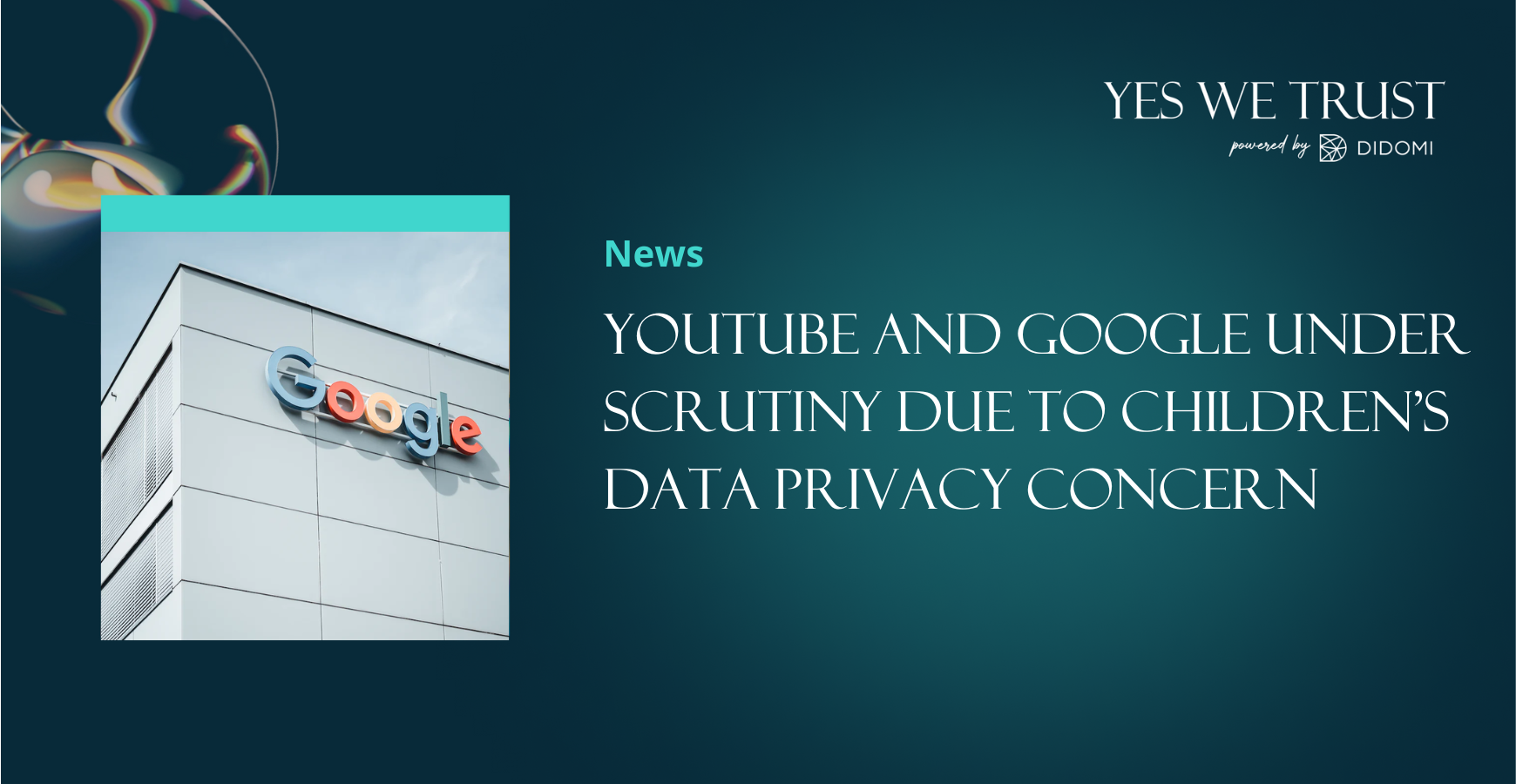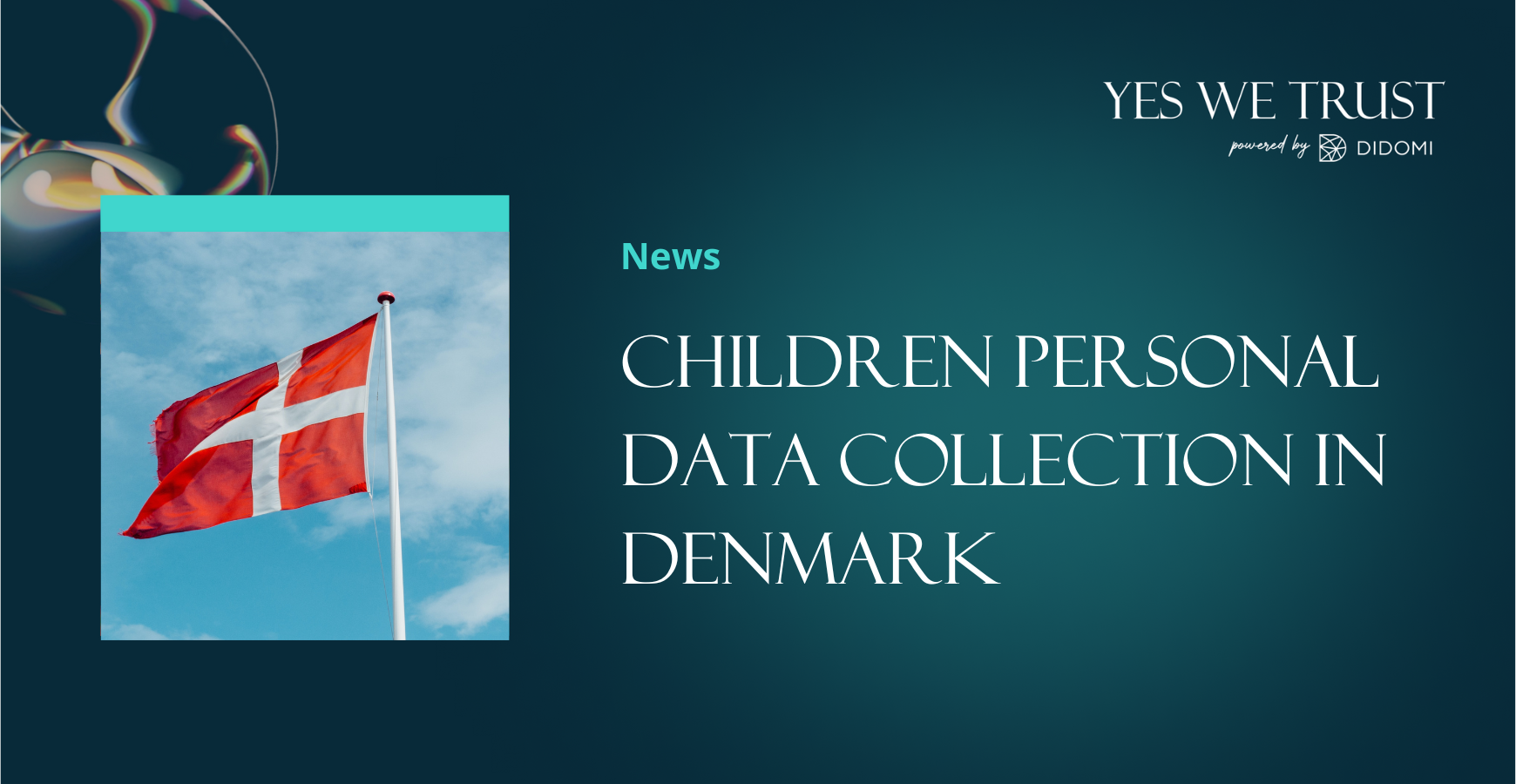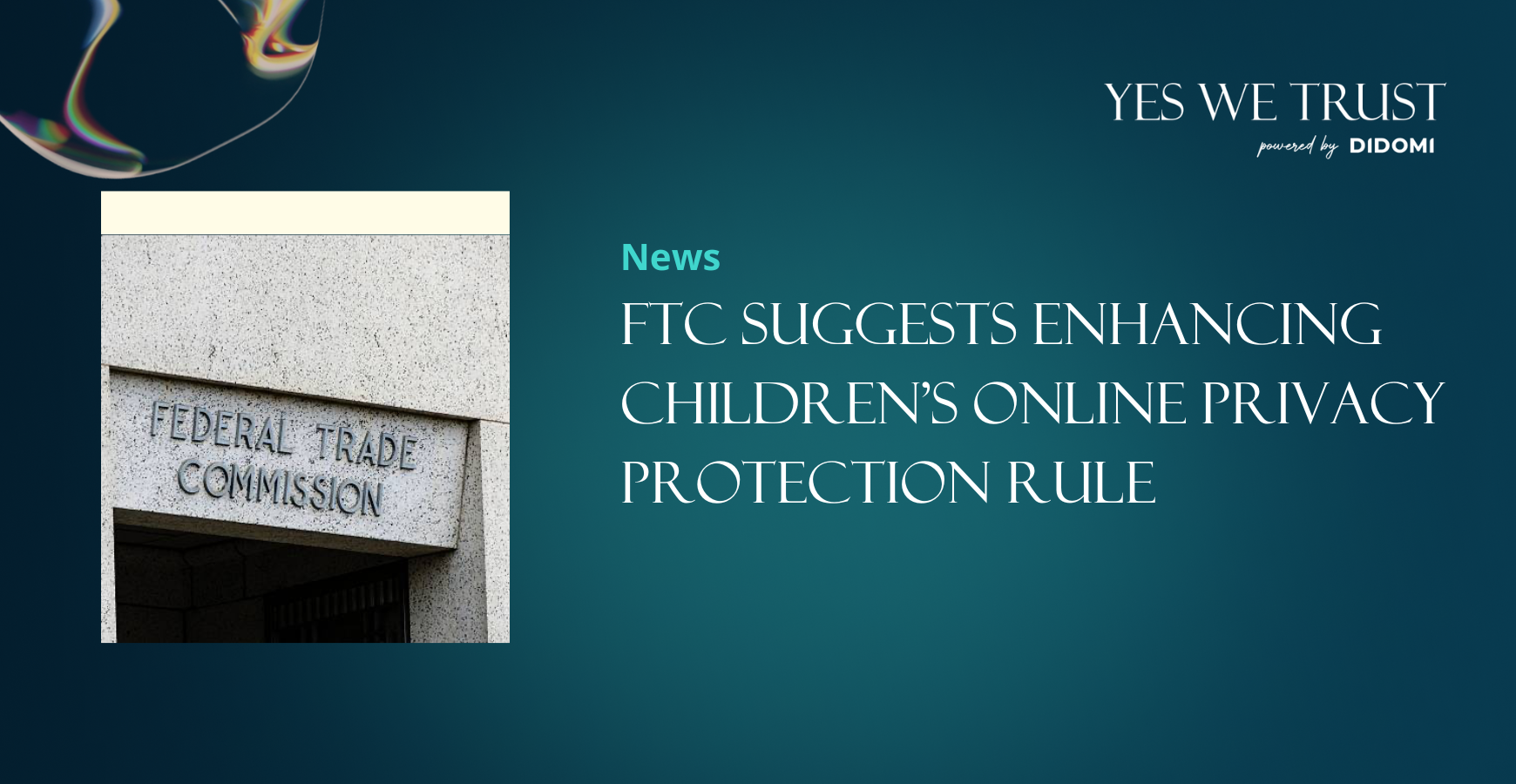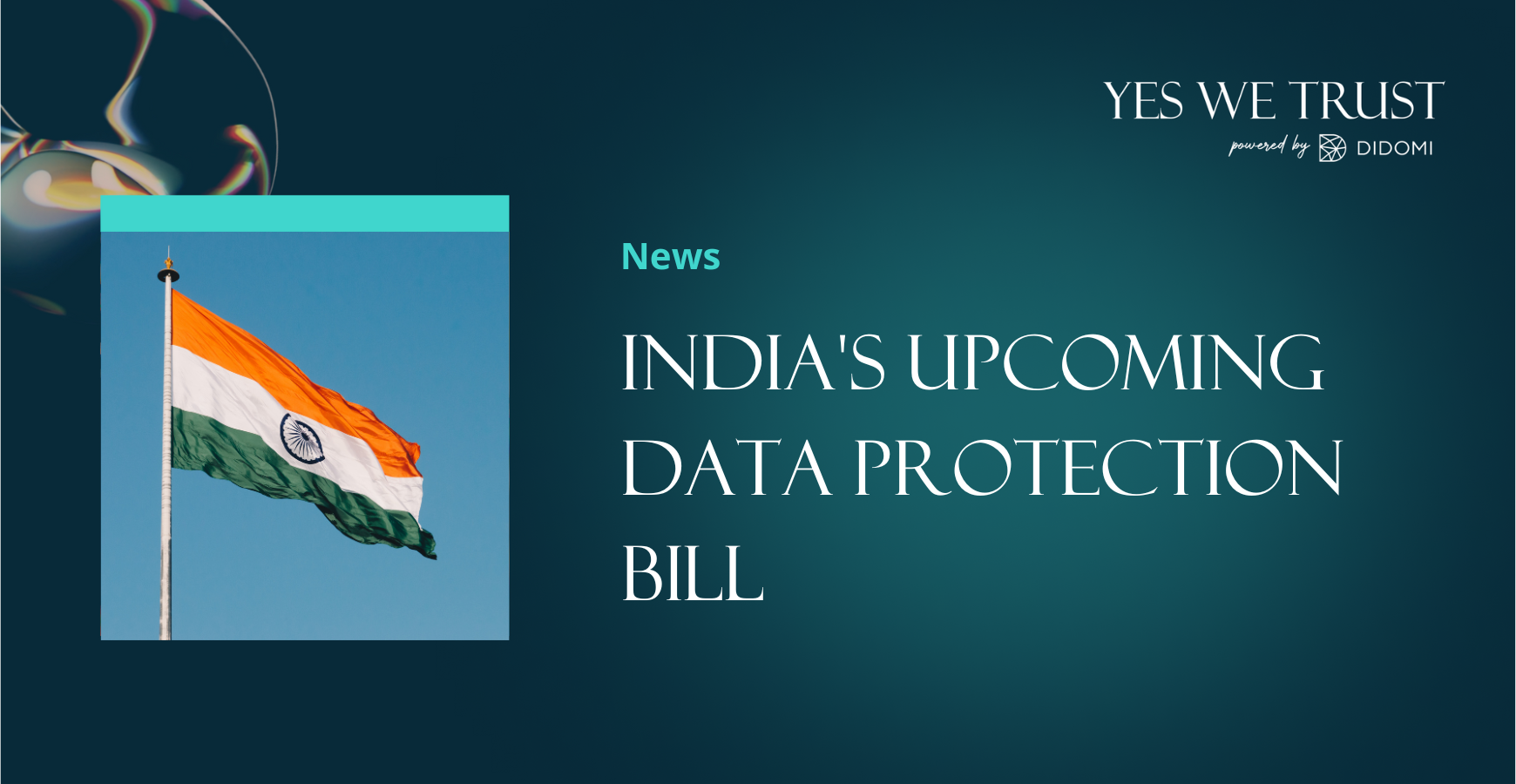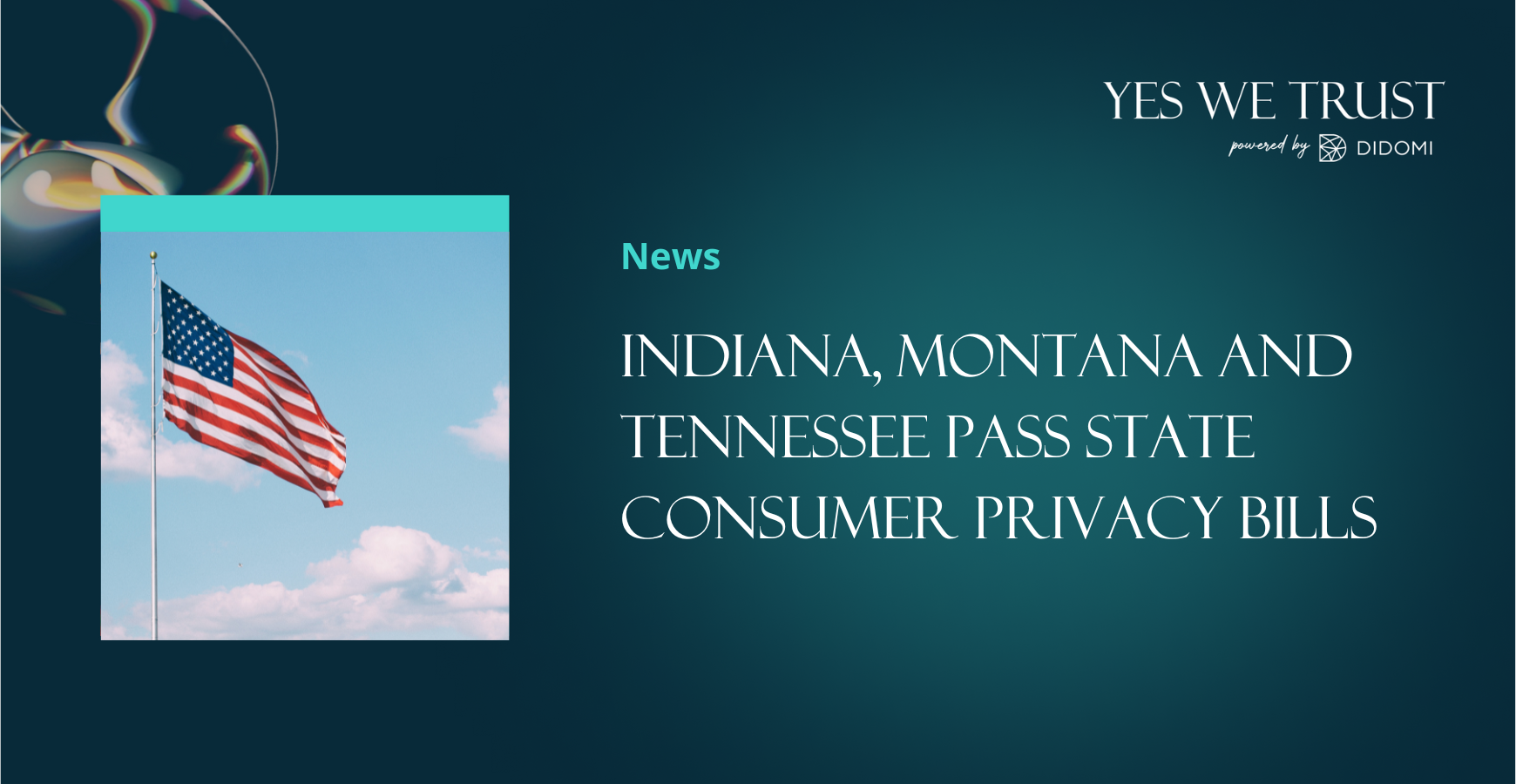Summary
Children’s privacy has been in the spotlight in recent years, with new, updated laws to protect children from being targeted with online ads. As they are quite vulnerable, it is of utmost importance to protect them.
Last week, Senator, Edward J Markey, also known as the author of the landmark Children’s Online Privacy Protection Act of 1998 (COPPA), along with Senator Marsha Blackburn, wrote to the Chair of the Federal Trade Commission (FTC) Lina Khan, urging the agency to investigate Youtube and Google. Recent reports from reputable sources like the New York Times and Adalytics, a platform focused on ad quality and transparency, have shed light on concerning practices in which the companies might have crossed ethical boundaries.
Specifically, it's alleged that they engaged in tracking and targeting children on their platform without obtaining proper parental consent.
Asked about the situation, Google issued a statement regarding the accusations:
|
“We do not link cookies to the viewing of made for kids content for advertising purposes, and a viewer’s activity on made for kids content can’t be used for ads personalization. The cookies identified in this report are encrypted and not usable by another tech company, advertiser, publisher or a data broker.” -Dan Taylor, Vice President, Global Ads (Source: Google) |
The Children’s Online Privacy Protection Act, or COPPA, requires children’s online services to obtain parental consent before collecting personal data from users under age 13 for purposes like ad targeting. Although YouTube and Google paid $170 million fine in 2019 due to violating the laws, their recent actions have raised concerns again.
Children's data privacy has regularly made the headlines this summer. In June, Microsoft was ordered to a fine of $20 million by the FTC for illegally collecting and retaining data of children who had signed up for the Xbox video game console. Meanwhile, in Europe, the Danish government had unveiled plans to increase the age limit from 13 to 15 and 16 years old for providing consent to share data with tech companies, citing, in particular, the likes of Google, Snapchat, and Meta
What are your views regarding targeted ads for children? Join the conversation in our Yes We Trust community, a free discussion group for data privacy professionals and enthusiasts, on LinkedIn:
